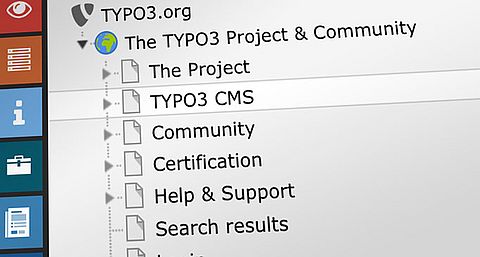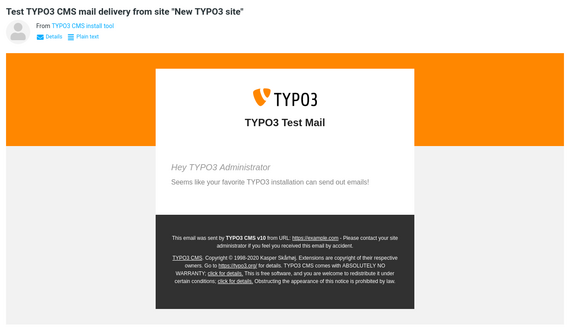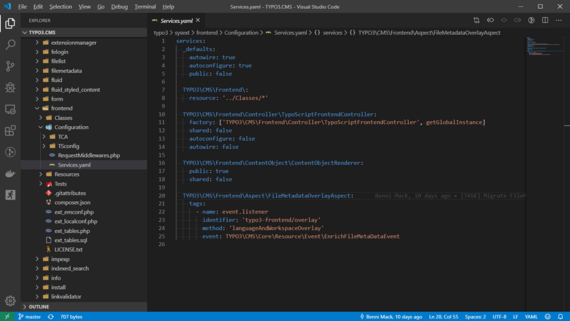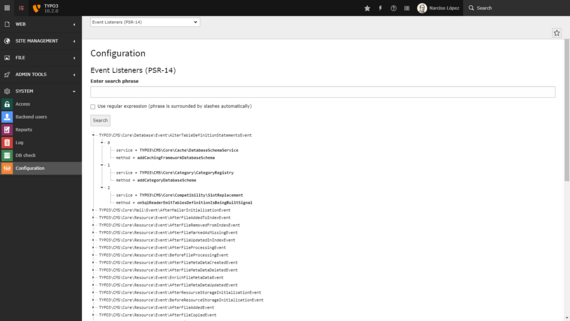Introduced in version 11.0
This initiative also affects the Extbase framework. To comply with PSR standards, controller actions should return an instance of the “Psr\Http\Message\ResponseInterface” from now on:
Extbase controller actions return ResponseInterface
It may sound like a massive task for extension developers to update their existing code. However, the advantages are apparent. Developers will have much more control over the responses and, using the ResponseFactory, it is easy to adjust the response even further. Have a look at the change log to learn more and look up some examples.
It is worth mentioning that the typical old ResponseInterface behavior (of not returning anything) triggers a deprecation warning in TYPO3 v11, which you find in the logs. Still, it will continue to work for the time being and there is enough time to update your code before it produces an error in TYPO3 v12.
Documentation








